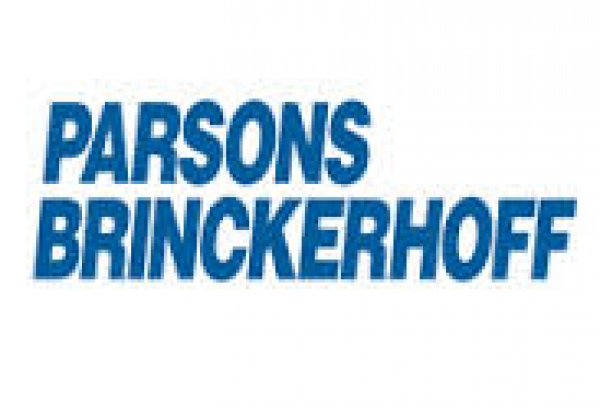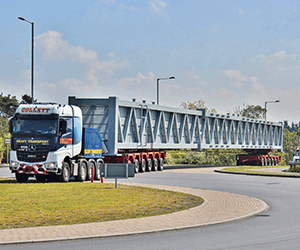The firm warned of the risk in a shareholder circular released late on Friday, spelling out the strategy behind the proposed sale of its engineering consultancy arm to Canadian WSP Global for £820m.
In the document, Balfour’s chairman warns failure to approve the deal at a shareholders meeting later this month could force it to take drastic action.
This could involve fast-tracking the sale of PFI assets and even cancelling dividends.
The firm also confirmed the deal had been approved by the UK listing authority, clearing the way for it to be finally ratified by shareholders.
The proposed sale represents a healthy profit on the consultant it bought for £366m in 2009 and will see 13,500 Parsons employees transfer over.
Around £80m of proceeds are set to be swallowed up in transaction costs and separating the two businesses.
A further £85m would be channelled into reducing Balfour’s pension deficit.
Up to £200m will fund a share buy-back programme that remains conditional on market conditions after the annual results.
Remaining proceeds will be used to pay down existing debt, leaving Balfour’s balance sheet in a stronger position.
Balfour’s board said: “The sale price represents a significant return on Balfour Beatty’s investment and a compelling level of value creation for shareholders.”
If shareholders do not approve the transaction, Balfour warns it will have less headroom on net debt to EBITDA covenants given as part of its funding arrangements.
Balfour states: “In this scenario, should there be a further modest deterioration in the profitability of the group, and in the absence of any mitigating action,
there may be a breach of the net debt to EBITDA covenants when they are tested against the 2014 annual results and in 2015.”
It added the board would then need to consider alternative ways of raising and conserving cash and improving profits.
Balfour’s options would include accelerating the disposal of investment assets and cancelling, reducing or postponing dividends if necessary.
Chairman Steve Marshall said: “The board considers the risk of a covenant breach and consequent event of default, if the transaction does not proceed, as unlikely. The board expects headroom to improve in 2015.”
“The directors consider that the passing of the resolution is in the best interests of the company and shareholders as a whole.”
A general meeting seeking shareholder approval will take place on 28 October 2014.
















.gif)











 MPU 300_250px.gif)



























